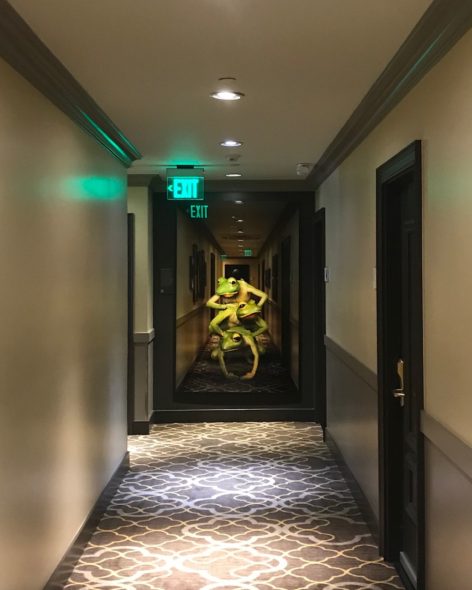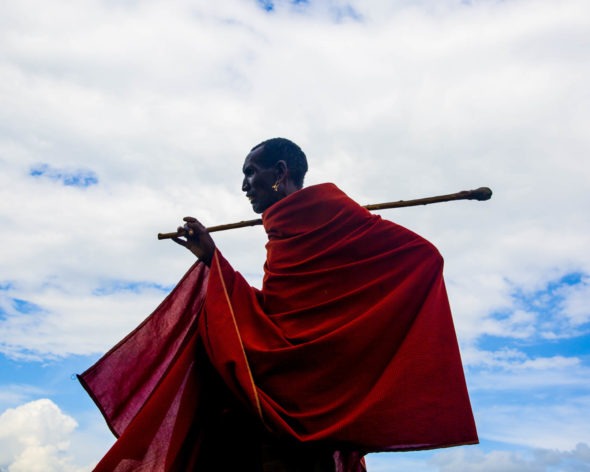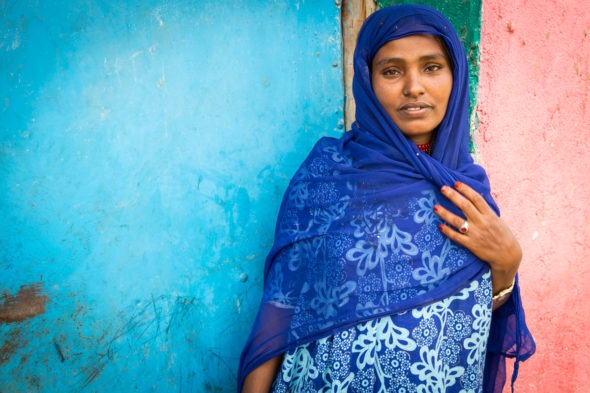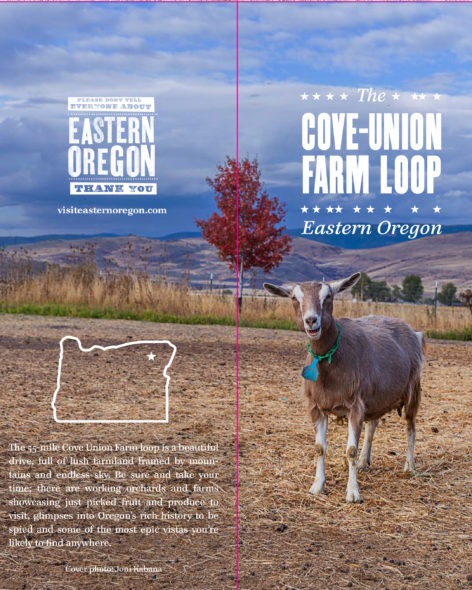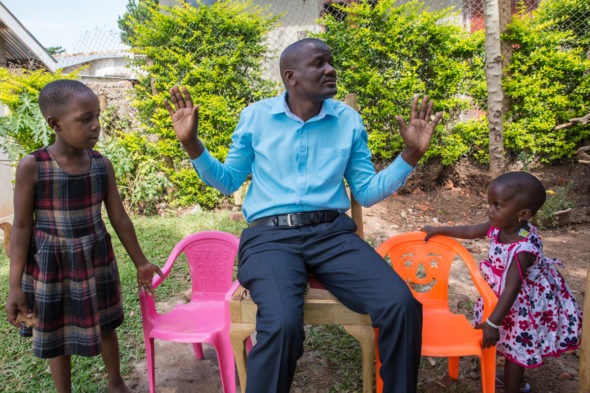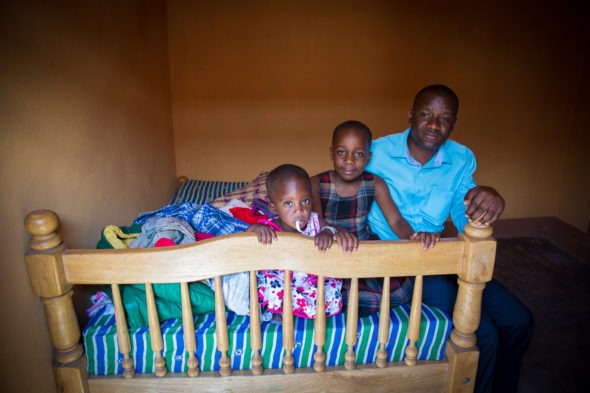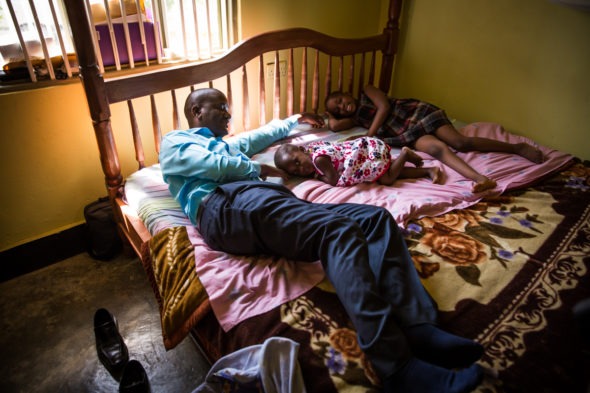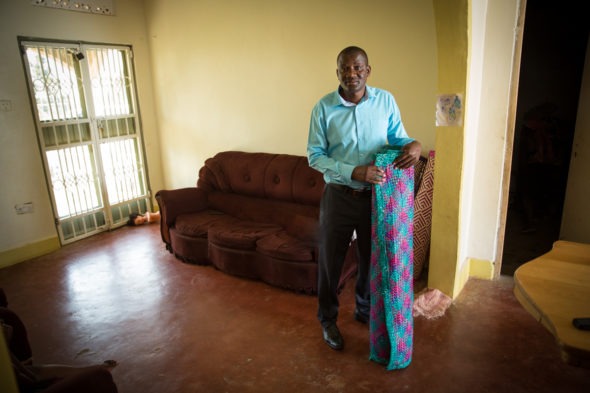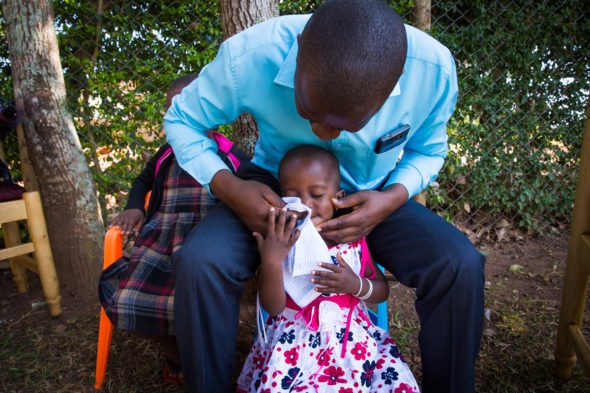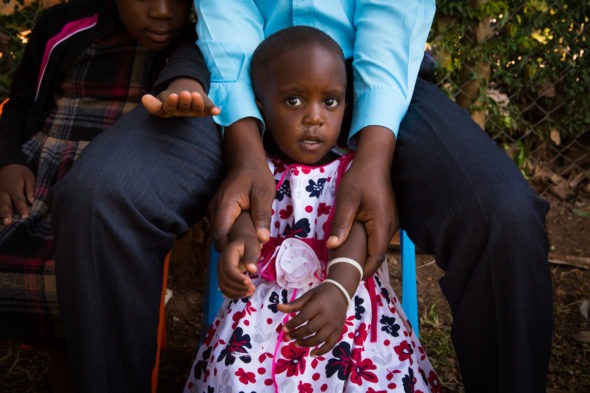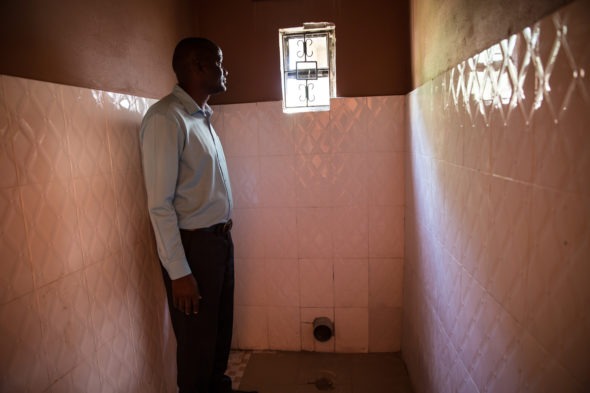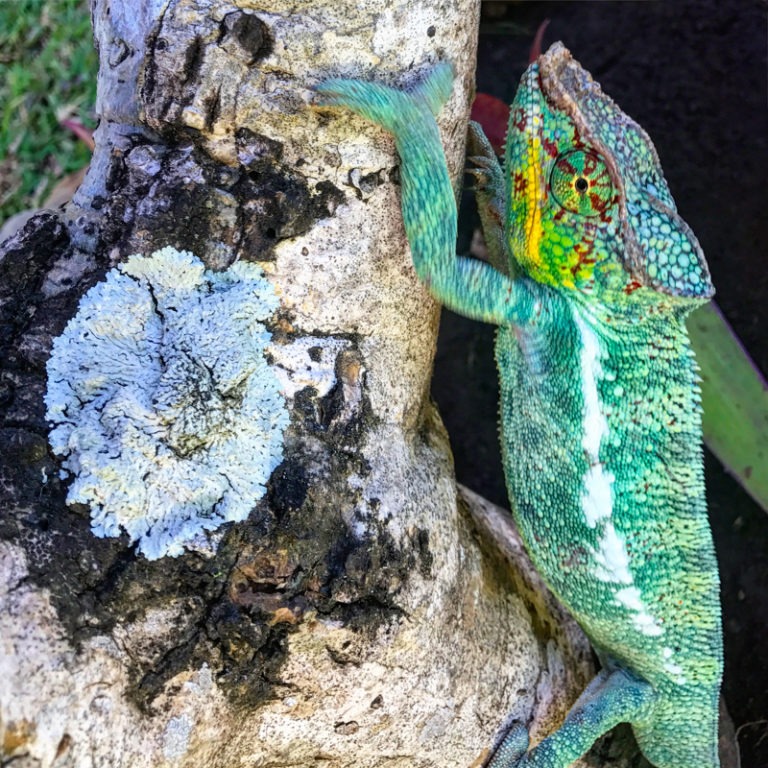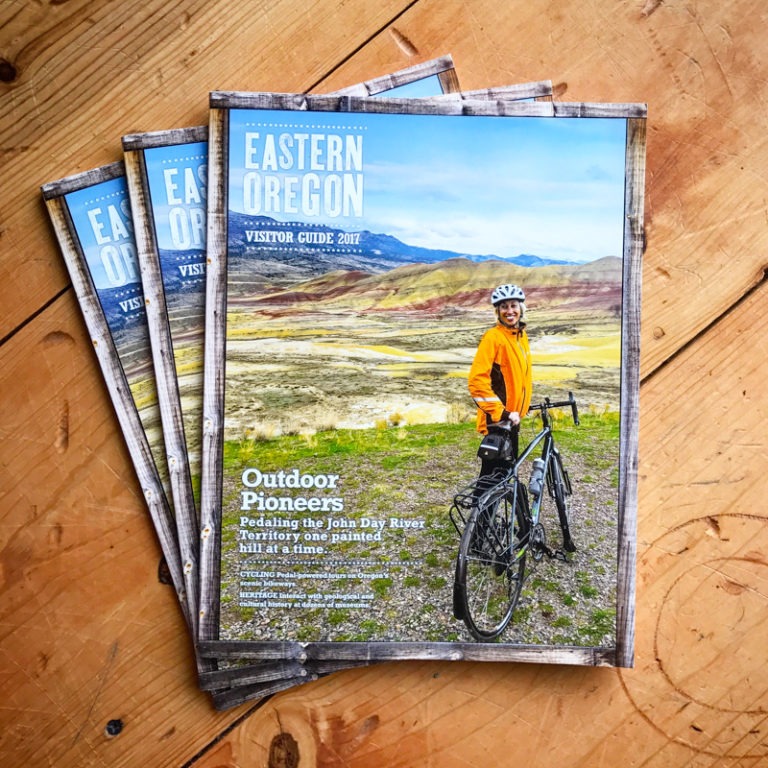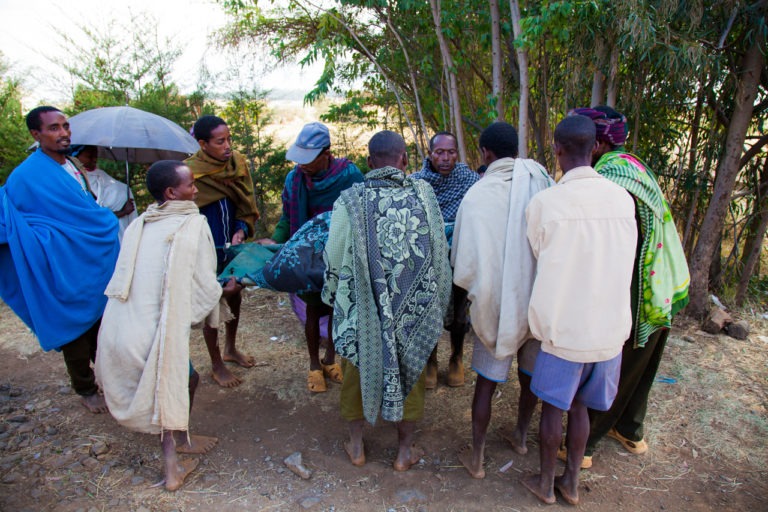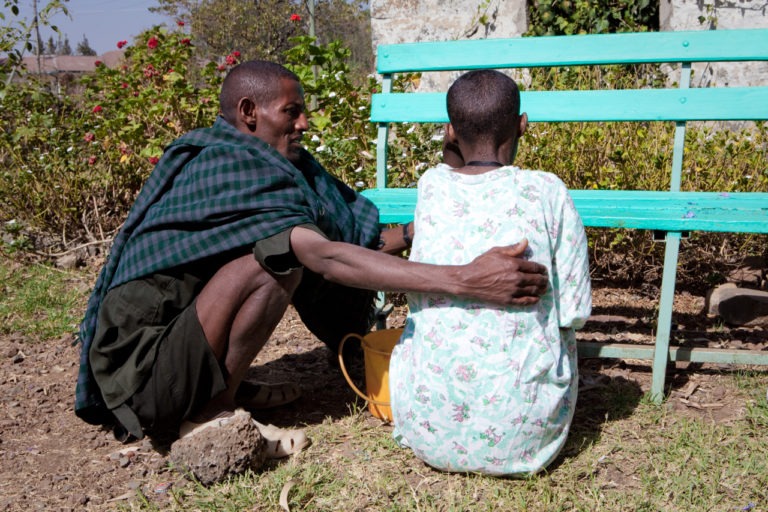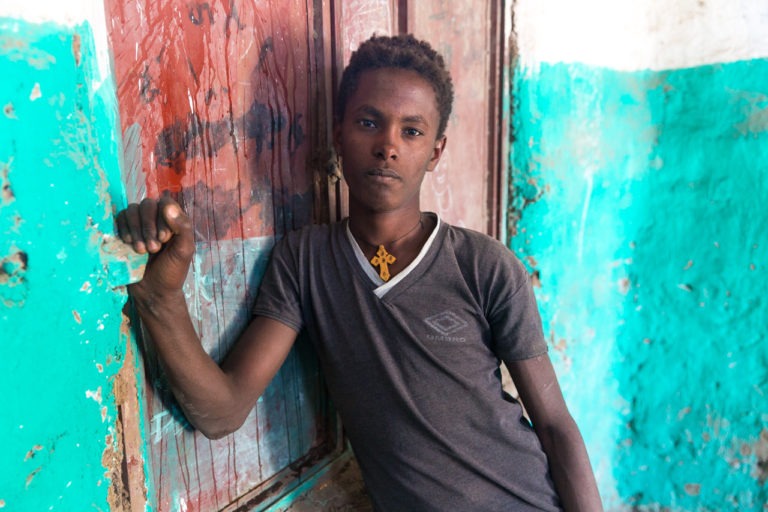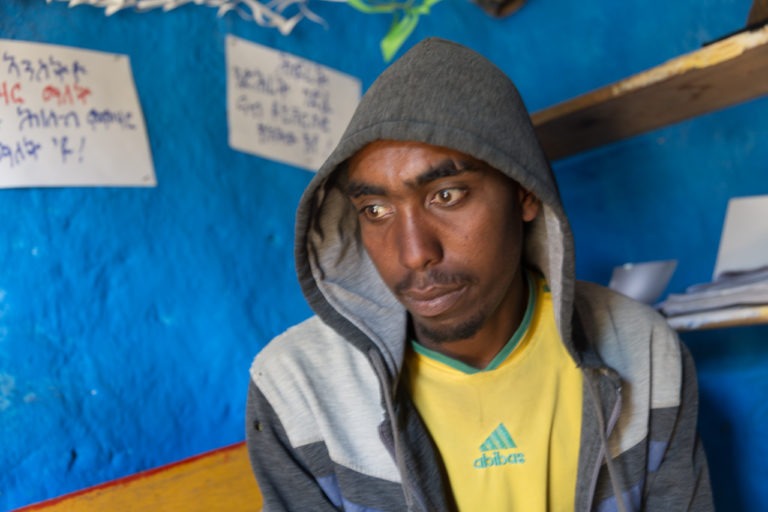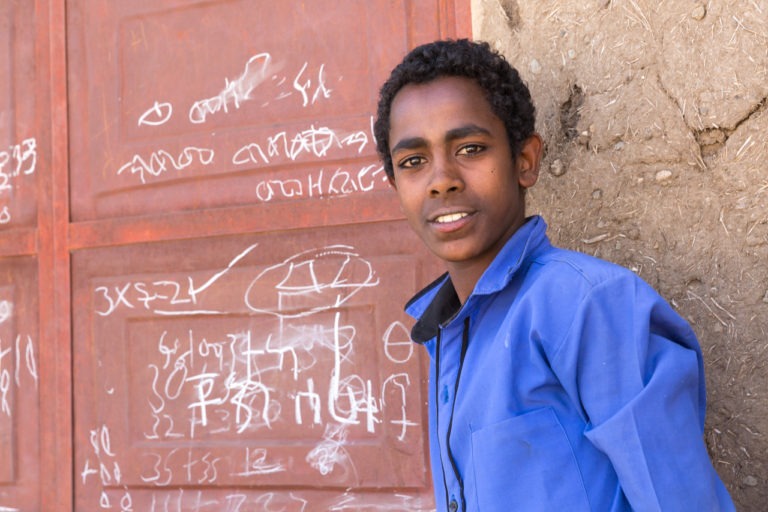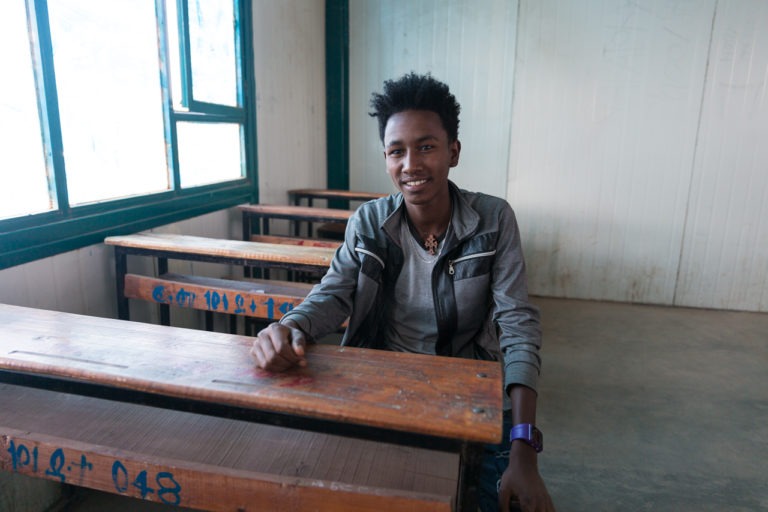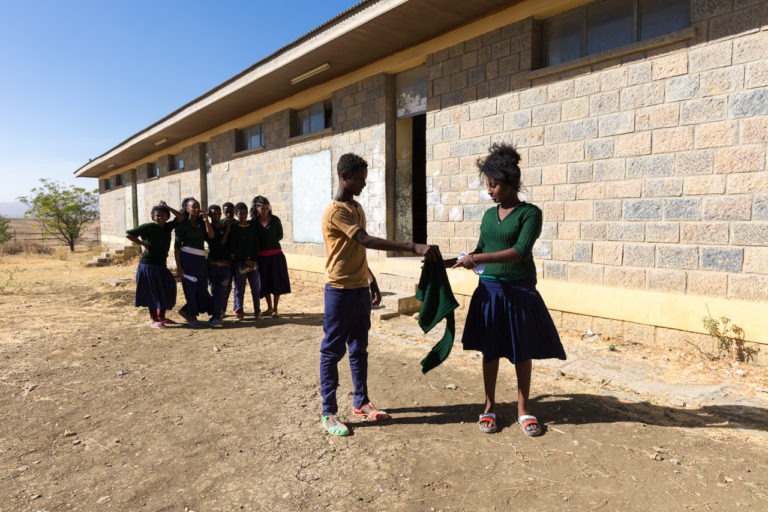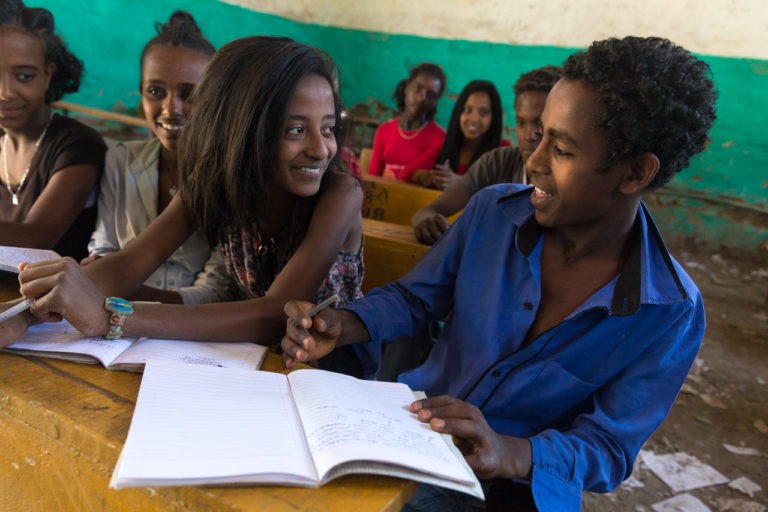Here are the three photographs I created, each giving me some of the most challenging technical considerations I have ever faced. And I loved every minute of making these! These snapshots don’t do justice as opposed to seeing them in person.
Category Archives: Assignments
No Words
He counts 76 years that he has lived on this earth, 45 of them at his ranch near my cabin. Prior to arriving here as a young man, he taught film-making classes in Boston. We chatted about many things, with all threads trailing back toward observations of the world around us and creating art from it.
For some reason, when has asked to see some of my photos, he was shaken by this portrait which has been buried in my image folder from an assignment in Tanzania. He asked me to enlarge it on my screen over and over again. He demanded that I look at it, close the file, and look at it again.
I understand what he is saying to me, without the use of any nomenclature. With the last display, he excused himself and went into a side room and kept murmuring something I could not hear. And I didn’t need to.
12th Annual Julia Margaret Cameron Awards – First Place + Honorable Mention
The Salt Workers image will be exhibited in Barcelona April 11-27, 2019.
The Salt Workers image was created while on assignment with Dignity Period and Oregon Health & Sciences University and is part of an on-going series of images depicting the salt workers in the Afar region of Ethiopia.
Maasai Warrior was created while on assignment with Maternity Africa and is part of a series of images created with the Maasai tribe near Arusha, Tanzania. This particular warrior was addressing his tribe regarding the dangers of obstructed labor for pregnant women.
Dignity Period: A Question of Health + Happiness
While we went there with educational materials and to check on supply levels of donated reusable menstrual pads, what we left with were many questions and an adjustment to our own assumptions.
I traveled with a wonderful writer, Sara Veltkamp, from Minerva Strategies, a communications organization based in Seattle, Washington. Here is a blog entry that Sara wrote soon after we arrived home.
More questions rise every day as I reflect on this trip, both professionally and personally. We live in such a glorious, complex world. And we get to start over every single day if we listen.
Travel Oregon: Farm Loop Maps in Eastern Oregon
And these maps will help you do it also!
Destination: Yelapa
I have been assigned to take over Instagram feeds for clients such as Travel Oregon and the Eastern Oregon Visitor’s Association, and also develop feeds for others. Here is a sample of one feed that I have developed: a lovely casita called Casa Pericos in the small village called Yelapa, just an hour’s boat ride away from Puerto Vallarta. There are no roads or vehicles on this stretch of beach town, which makes it all the more glorious to visit and photograph.
And So It Goes
He makes nervous gestures to ensure that we feel welcome and comfortable, arranging chairs into a circle under a tree that tempers the blazing Ugandan sun. He brings out a tray of tea and fresh grilled corn cut from the stalks that his wife tended. His wife, she who “flew away” recently despite the many expert hands that tried to save her from the devastating clutches of postpartum hemorrhaging. He watched her fade away, this woman he so loved and with whom he created his family of four precious little girls.
Postpartum hemorrhaging (PPH) is the leading cause of maternal deaths globally. Each day, approximately 800 women die from PPH, a staggering statistic given the very simple remedy that could save these women. And so it goes that we live in a world that fails the most vulnerable, a woman giving birth to a new life.
There are many reasons why a mother dies from PPH: lack of skilled medical staff, inability of a woman to reach a hospital or for her family to pay for services, expired drugs, lack of syringes, poor education, and timing when she reaches care. Any or a combination of these scenarios can lead to death, swiftly and with little warning. Every day, women perish, avoidably, leaving behind a chaotic set of issues for her children, her family and the community spanning years of affect. And more often than not, she leaves a man in despair, his tears flowing at any mention or reminder of this woman he chose as his life partner.
Her memory lives on in this house of papa and his girls. He has kept her things (shoes, dresses, hair ribbons) in open baskets and keeps referring to “mama’s chickens, mama’s corn”.
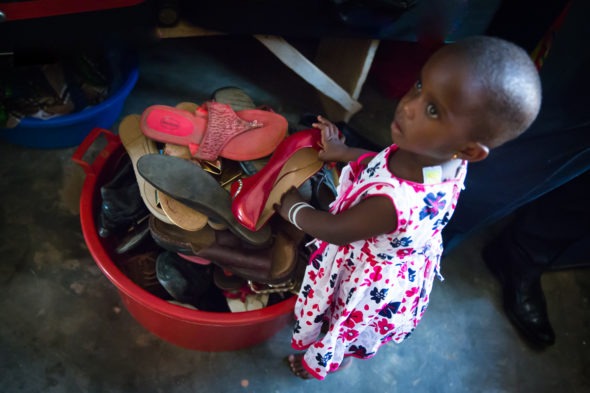
The eldest daughter shows us “mama’s bed”, where she and her younger sister now sleep so they are comforted by the remnants of her spirit by night. The twins she recently bore are in a loving care center until papa can get more organized and find his wise perspective on his newly shattered life. He visits them several times a week, cherishing her last gift to him.
He is proud of his home, and leads us inside so we can see the rugs she wove and the pink bathroom he made for her out of their old chicken coop to enable her comfort while she nursed twin girls. As he shows us each room, his girls are right by his side, feeling his love as he strokes their hair and wipes their noses and looks at them with assured intention of how he will be there for them the rest of his life.
Many African men often get mischaracterized by those who commit transgressions against women, marginalizing the men who express devotion to their wives and children. This man epitomizes love in its most tender form: being willing to care for his “band of girls”, ensuring their clothes are clean, playing with them, holding them when they ask for mama.
There are many organizations that grieve these concerns and are working as fast as they can to eradicate these issues. Working tirelessly, they study challenges, assist with lack of resources, and work with the World Health Organization to build awareness and responses to the far reaching and devastating effects of PPH. And so it goes that we live in a world that is capable of rallying around the most vulnerable.
No mother should face death from obstetrical concerns. No young girl should fear for her life as she gives life. And no husband deserves this kind of heartbreak.
At the end of our visit, this profoundly affected man shakes our hand and says goodbye with a strained voice. Emotions run deep within him and frequently surface, and as they do, he reaches down to stroke his daughters’ heads in silence while each little girl raises her tiny hand to find his. Together they stand, facing us with hearts open wide. And a hope for better maternal healthcare for all.
A Return To Madagascar
Frisky lemurs, gigantic spiders, kaleidoscope iguanas and luxurious beaches…this island has so much to offer! And thousands of animals, plants and other living things are endemic to this island since it was isolated from the rest of the world when it split from India 88 million years ago.
Check out my Photoshelter Madagascar archive or my Instagram account to see images from this trip.
Eastern Oregon Visitor’s Guide 2017
I was commissioned to make the covers (four in all, depicting four different regions) and to supply imagery for many of the inside pages. It was a dream assignment to run around the back roads of Oregon capturing landscapes, animals, food, accommodations and personalities. And wineries!
I love Eastern Oregon. It does good for the soul. Read more reasons why I love it out there in this Travel Oregon blog post.
An Extended Hand, From The Heart Of A Boy
But there are other sides to these stories, and scenarios abound that depict men as caring and loving human beings, showing deep respect for their sisters and wives. We see men carrying their sick wives for days to reach a health post, traversing rugged terrain and selling off their cattle to pay for the bill. They realize how vital their wives are to the well-being of the entire family. Men are visibly shaken as they fear the loss of their loved one, and they will go to great lengths to ensure that she receives the care she deserves, often traveling to various health care centers before finding one staffed with a health care practitioner.
We recently visited several schools in rural areas outside of Mekelle, Ethiopia, and we were able to talk with some of the boys to see how they viewed the topic of menstruation. In the recent past in Ethiopia this topic was taboo even for mothers and daughters to discuss and some families still view it this way. But all of the boys we randomly chose to interview had positive things to say about the time when a girl has her period. Many of them asked if the school could have a place to rest, showers for cleaning and tea for stomach cramping, just so the girls will feel more comfortable during this time.
Dignity Period not only supplies reusable sanitary napkins to girls, but the educational component has had a great impact on lessening the mystery when a girl shows blood on her clothing. Schools now require all students to read a booklet that details why girls menstruate and how they can be supported rather than laughed at.
Older boys now teach younger boys how to react sensitively when they know that a girl is menstruating. G/Maryam Asene, a student at Adikeyh, even cites this time as being “a gift” and says that anyone who laughs at a girl is also laughing at their mother, an extremely shameful thing to do.
We ask the boys: What would you do if you see that a girl has unexpectedly started her period? Their ready answer was energetic: We would take our shirt or sweater off and let her wear it until she could change her clothes!
Sensitive souls they are.

